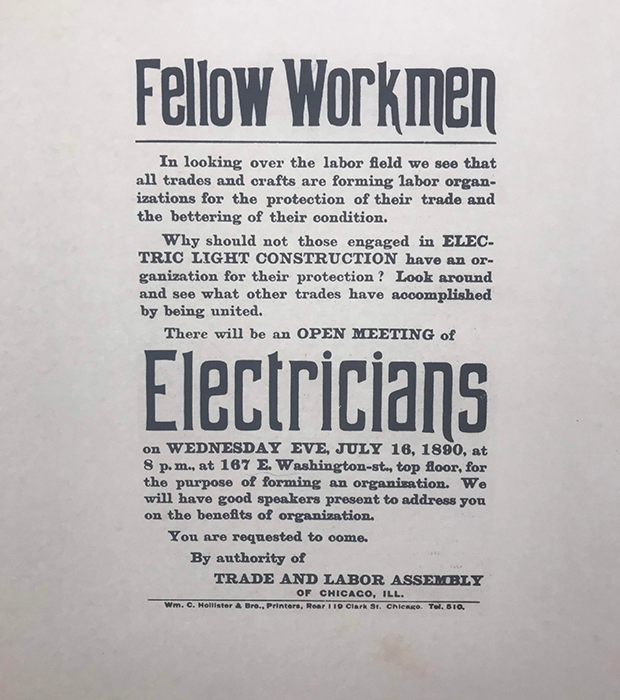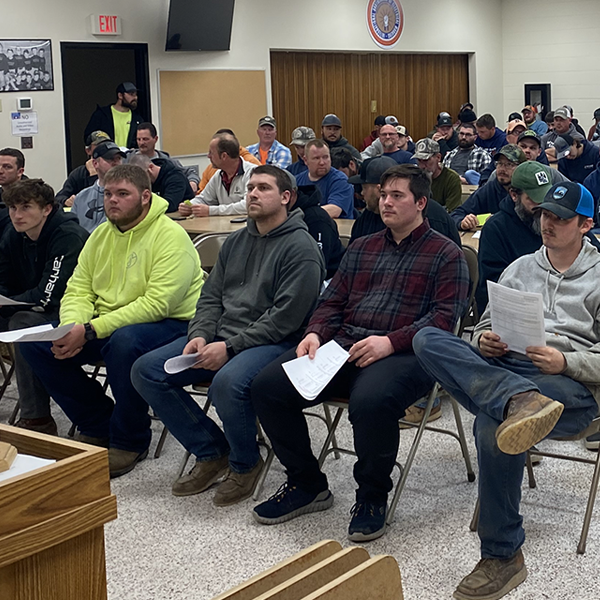Organizing
Homepage / Organizing
Overview
ORGANIZING
WHAT IS IT?

The common term for a group of workers looking to join a union is “Organizing.” Workers organize for various reasons, be it to improve their working conditions, increase their pay or benefits, and/or to create a better working environment. We encourage you to read more about us to see if joining our union is right for you and/or your coworkers.
YOUR LEGAL RIGHTS

You have the legal right under Section 7 of the NLRB to join or support a union and to:
- Attend meetings to discuss joining a union.
- Read, distribute, and discuss union literature (as long as you do this in non-work areas during non-work times, such as during breaks or lunch hours).
- Wear union buttons, t-shirts, stickers, hats, or other items on the job.
- Sign a card asking your employer to recognize and bargain with the union.
- Sign petitions or file grievances related to wages, hours, working conditions, or other job issues, ask other employees to support the union, to sign union cards or petitions, or to file grievances.
- Secret ballot election
- To establish a union in a workplace, a majority of employees must express support for the union.
In most situations, the employees prove majority support through a secret-ballot election conducted by the NLRB.
Some employers try to prevent the workers from joining a union.
If your employer violates the law, the union can help you file “unfair labor practice” charges with the NLRB.
The Labor Board has the power – backed up by the federal courts – to order an employer to stop interfering with employee rights, to provide back pay, and to reverse any action taken against workers for union activity.
ENFORCING YOUR RIGHTS

After the union’s election victory is officially certified by the NLRB, your employer is legally required to negotiate in “good faith” with the union on a written contract covering wages, hours, and other working conditions.
PROTECT YOUR LEGAL RIGHTS BY:
- Notifying a local union or the Department of Labor if you are receiving insufficient compensation while working on Prevailing Wage jobs.
- Keeping written notes of any incidents in which company officials or supervisors threaten, harass, or punish workers because of union activity. Your notes don’t have to be worded a certain way, but you should include what was said or done, who was involved, where and when it happened, and the names of any witnesses.
- Immediately reporting any such incidents to your organizing committee and the union staff.
PROTECTION FROM EMPLOYER ACTION:
Under Section 8 of the NLRB, your employer cannot legally punish or discriminate against any worker because of union activity.
For example, your employer cannot legally do the following:
- Threaten to or actually fire, layoff, discipline, harass, transfer, or reassign employees because they support the union.
- Favor employees who don’t support the union over those who do in promotions, job assignments, wages, hours, enforcement of rules, or any other working condition.
- Shut down the work site or take away any benefits or privileges employees already enjoy in order to discourage union activity.
- Promise employees a pay increase, promotion, benefit, or special favor if they oppose the union.

